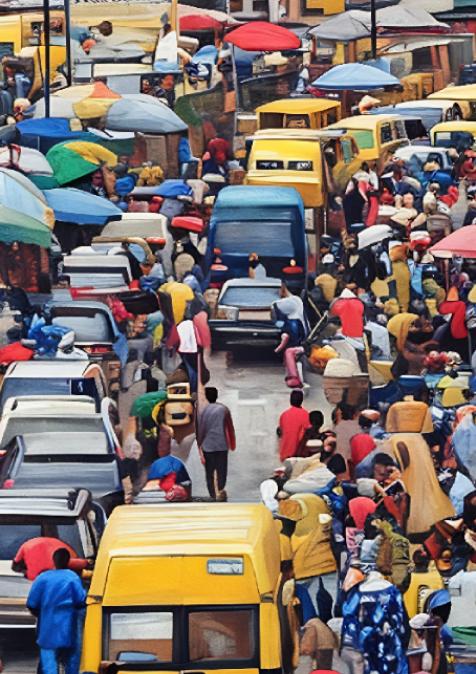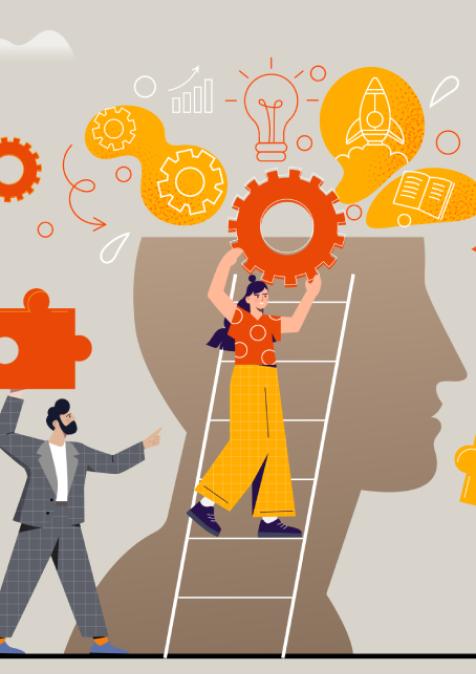حديث الثلاثاء: رهانات التحولات الديموغرافية: ماذا بعد بلوغ 8 مليار نسمة في العالم؟
يتزامن هذا اليوم، 15 نونبر 2022، مع تجاوز عتبة 8 مليارات نسمة، ويمكن أن يصل هذا العدد إلى 10 مليارات في عام 2050. ومع ذلك، فإن النمو السكاني يتباطأ من عام إلى آخر على المستوى الدولي على الرغم من أن نسب الخصوبة والولادات متباينة بحسب المناطق. في هذا الإطار، قامت بعض البلدان، بمرور الوقت بتعديل سياساتها السكانية استجابة للحقائق الديمغرافية الجديدة والناشئة. فأين تتجلى أهم هاته الاتجاهات الديموغرافية في العالم الذي يضم اليوم 8 مليارات نسمة؟ كيف يمكن تمكين كل فرد وسط هاته التغيرات وتداعياتها على المجتمعات؟ وكيف يمكن بناء مؤسسات قادرة على الصمود أمام التغيرات الديموغرافية في المستقبل بالتركيز على النظم الاقتصادية لتلبية حاجيات السكان بدل تركيز الجهود على تغيير أعداد السكان لتلبية احتياجات النظم الاقتصادية؟












